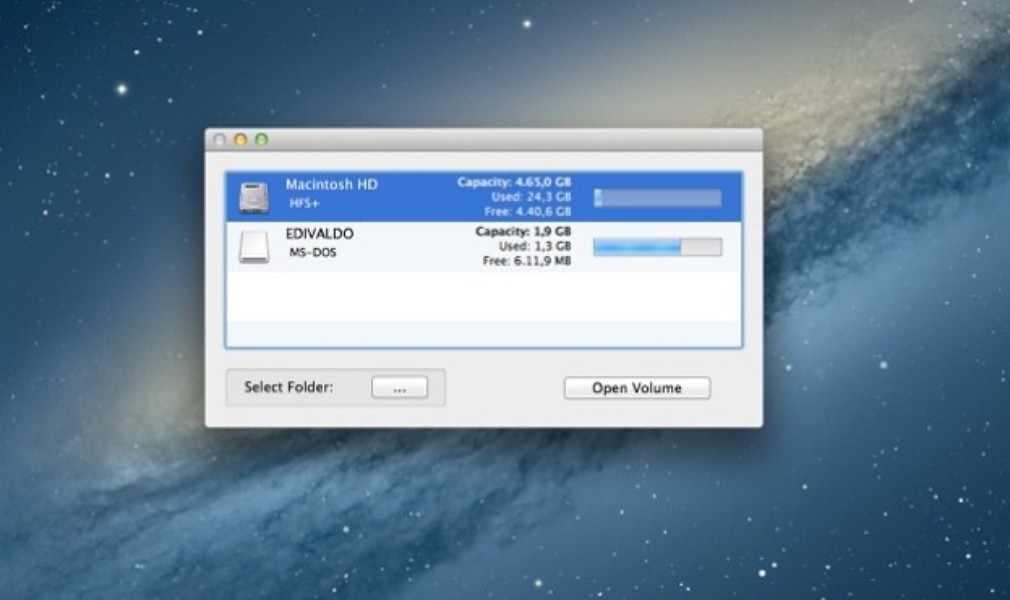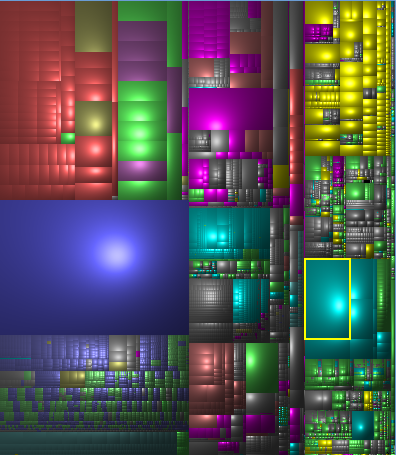

- DISK INVENTORY X REOPENING ITSELF FOR MAC OS X
- DISK INVENTORY X REOPENING ITSELF CODE
- DISK INVENTORY X REOPENING ITSELF DOWNLOAD

The following (old) Apple applications are 32-bit. However, be careful if you are still running very old versions of their apps such as early versions of Pages and Numbers as some of these are 32-bit.
DISK INVENTORY X REOPENING ITSELF DOWNLOAD
You bought a 32-bit app you should still be able to download it (on a version of macOS that supports it) but no new purchases will be allowed and they will not show up in searches.Īs of 15th November 2018 all of Apple's current applications on the Mac App Store are now 64-bit including Compressor. At some point apps that are still 32-bit and that have not been updated will be removed from the Mac App Store. Any submissions that don't meet these requirements will be rejected. From January 2018 all new apps submitted to the Mac App Store will have to be 64-bit and from June 2018, both new apps and app updates macOS 10.13 and 10.14 (due autumn/fall 2018) just warn users every time you open a 32-bit application whereas macOS 10.15 (due autumn/fall 2019) will be the first version to not support 32-bit apps at all.Īpple has already begun preparations to prune the Mac App Store. 32-Bit ApplicationsĪpple confirmed at their 2018 World Wide Developer Conference (WWDC) that all future versions of macOS from 10.15 onwards would stop supporting 32-bit applications. This article has information about this, how it might impact you and includes a list of known 32-bit applications. BuildingĬlone the repository and open the project file located in Disk Inventory X 1.0 src/make/src/Disk Inventory X.xcodeproj and then hit CMD+B.MacOS 32-Bit Applications Unsupported With macOS 10.15 And Later Article ID = 186Īrticle Title = macOS 32-Bit Applications Unsupported With macOS 10.15 And LaterĪpple stated at their 2017 World Wide Developer Conference (WWDC) that a future version of macOS would stop supporting 32-bit applications i.e. The Xcode project file is no longer compatible with contemporary versions of Xcode so I had to manually copy the header files, which was ok because they were only a handful. There's no need to go hunting in all the folders to extract the headers, just go to the target settings > build phases > headers: Fortunately, it didn't change much, and I was able to extract the header files and integrate them with the prebuilt version of the framework that was distributed with DIX. OmniGroup has kindly made available their source repo, but it goes back only as far as 2009. I did have to modify them slightly, but overall it was easy.

Took the generated headers and placed them inside the framework bundle in the Headers folder. Feed it a framework bundle and it will output a header file for each class it finds along with the correct methods and members. Luckily, there's a tool called class-dump that came to the rescue. This has proved most annoying as I haven't been able to find versions of the Path Finder SDK from the same epoch as DIX and the contemporary SDK is incompatible, in the sense that it's wholly different. Therefore, I extracted the prebuilt frameworks from the Disk Inventory X.app bundle and recreated the headers as follows: CocoaTech
DISK INVENTORY X REOPENING ITSELF CODE
Even if the source code was available, compatibility problems between early versions of Xcode (2.x) and the latest Xcode (7.2) would make it troublesome to compile.

Except for TreeMapView which is provided by the original author, finding the source code for the other two proved difficult. The main problem in fixing this was that DIX relied on three main external frameworks: OmniFramworks, CocoaTech and TreeMapView. Setting the NSNumberFormatter behavior to NSNumberFormatterBehavior10_0 results in the correct values: This new behavior would cause DIX running on OSX 10.4+ to format the volume sizes incorrectly, for example my 465.6 GB HDD was being displayed as 4,65.6GB: Since DIX 1.0 was written, OSX APIs have continually changed and one of them was the introduction of new behavior for NSNumberFormatter in OSX 10.4. If you've ever wondered where all your disk space has gone, Disk Inventory X will help you to answer this question." It shows the sizes of files and folders in a special graphical way called "treemaps".
DISK INVENTORY X REOPENING ITSELF FOR MAC OS X
There are many alternatives available, myself personally I use Disk-Inventory-Xįork of Disk Inventory X with the correct volume size formatting and rebuilt external frameworks headers.Īs the original author states, "Disk Inventory X is a disk usage utility for Mac OS X 10.3 (and later). This repository was just an exercise to revive the ancient code base of Disk Inventory X but the compatibility issues with newer OSXs make it unusable. ⚠️ Attention! This application is no longer supported! ⚠️


 0 kommentar(er)
0 kommentar(er)
